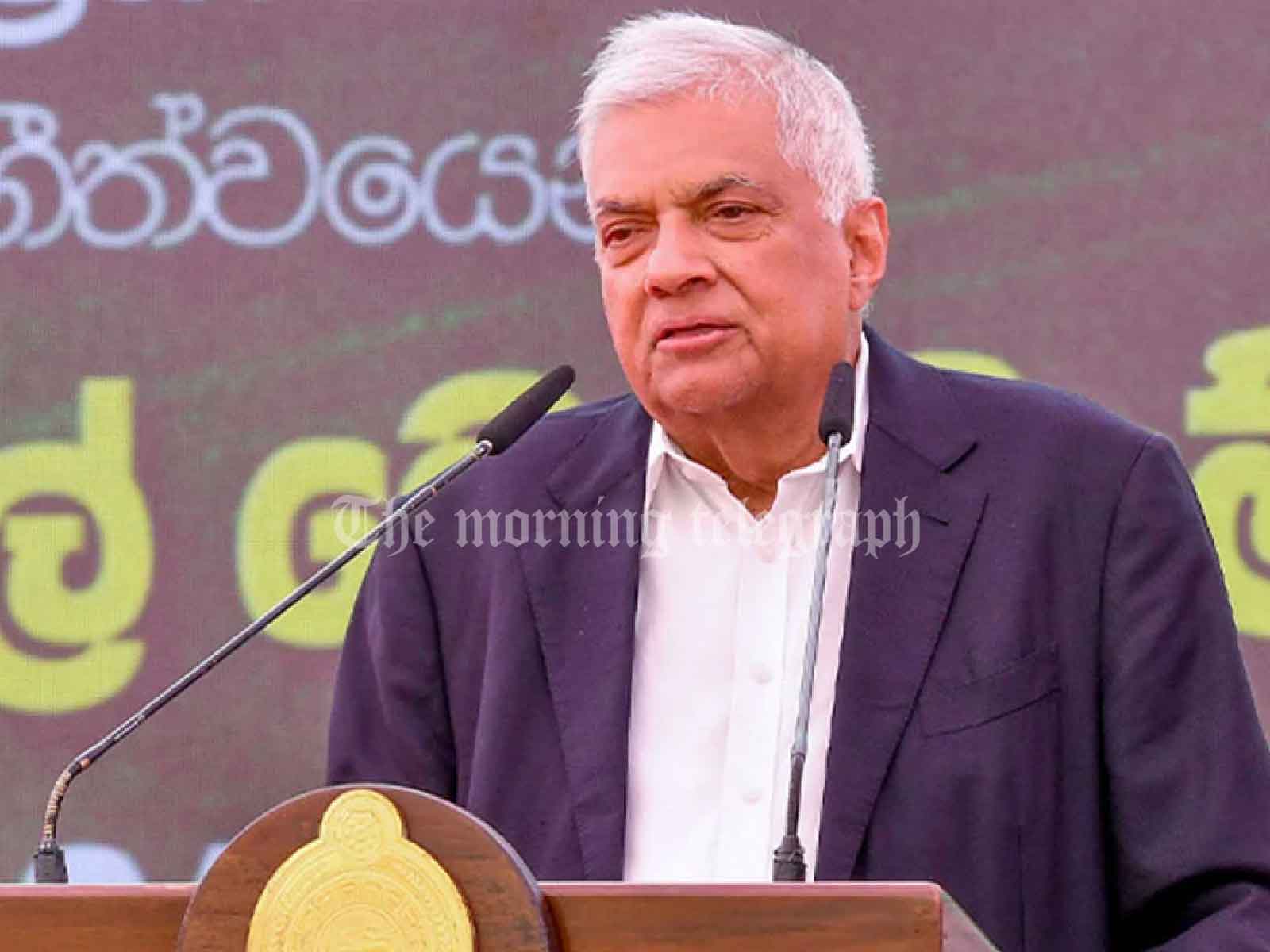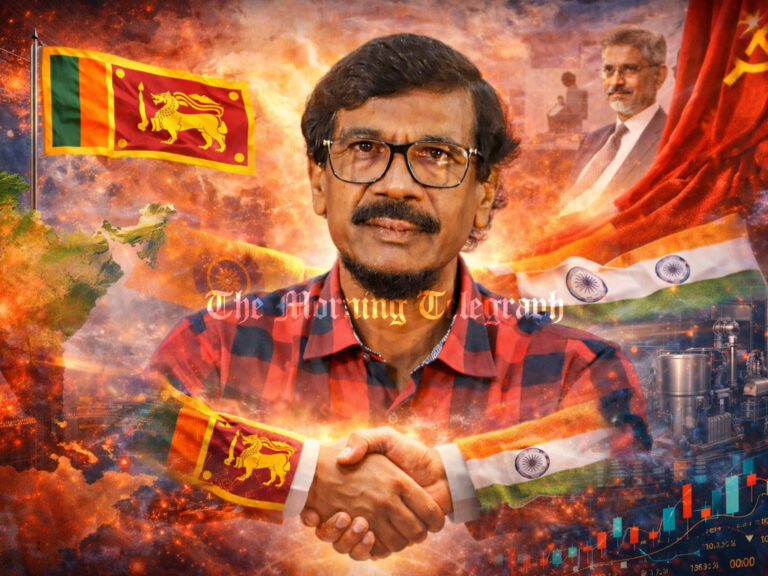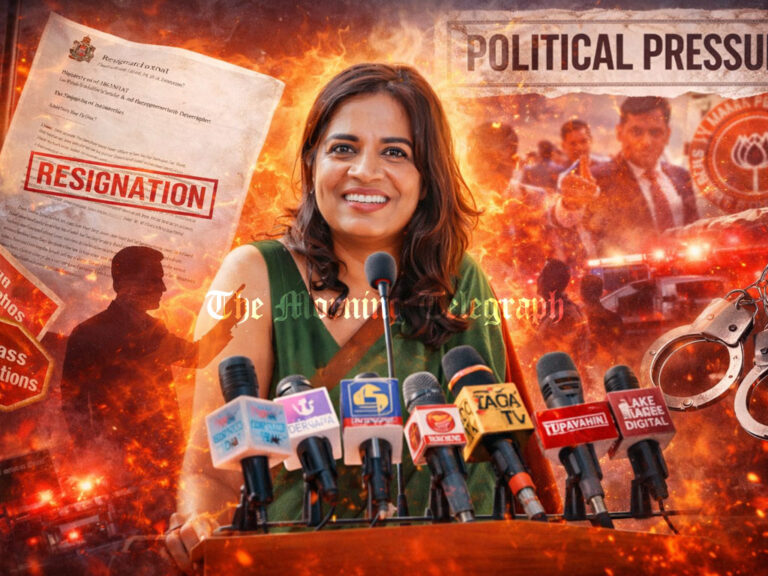
At a rally in Athurugiriya, former President Ranil Wickremesinghe emphasized the need for clarity around Sri Lanka’s ongoing IMF negotiations and the direction of its economic policy. Wickremesinghe warned that delays in the IMF program might not only threaten economic stability but also lead to critical challenges in managing the country’s debt, budget, and public welfare.
He recalled the measures taken under his administration to stabilize the economy, including debt restructuring, raising foreign reserves, and cutting down inflation. “We managed to bring inflation under control, strengthen the rupee, and secure over $6 billion in reserves,” he highlighted. Wickremesinghe pointed out that, by the end of his term, the nation was on track to close the budget gap and maintain growth without additional borrowing or money printing. “Our team secured agreements with major lenders, brought foreign direct investment back up, and restored confidence in the economy,” he said, adding that the groundwork was set for economic growth with a budget plan already approved by the IMF.
Wickremesinghe voiced concerns about recent reports suggesting delays in IMF negotiations and confusion around the government’s financial strategy, as seen in President Dissanayake’s statements from Ratnapura. “There is conflicting information,” he stated, “and it’s time for the government to clarify if they’re continuing with the policies that kept our economy afloat or if they have veered off course.”
Wickremesinghe also underscored the potential impact of the government’s decisions on everyday Sri Lankans, noting that reversing the progress made could lead to new inflation surges, a depreciating rupee, and higher interest rates. He urged the President to address these issues directly with the public and reveal the state of the IMF negotiations. “Sri Lankans have a right to know if we’re looking at potential economic queues again, or a repeat of high inflation,” he said, pressing for transparency to prevent public uncertainty.
Addressing the public, he encouraged voters to prioritize experience and economic understanding in Parliament. “Our country’s future requires more than just figures—it needs leaders who understand the stakes. Let’s send people to Parliament who know the value of a budget and a sustainable fiscal plan,” he urged, warning that inexperience in Parliament could risk the progress made over recent years.
As Wickremesinghe concluded, he pointed to the substantial risk that current policy shifts and IMF negotiation delays pose to the country’s fiscal outlook. He called for an immediate government briefing to lay out the reality of Sri Lanka’s financial health, saying that public accountability now could make all the difference in preventing long-term economic hardship.




